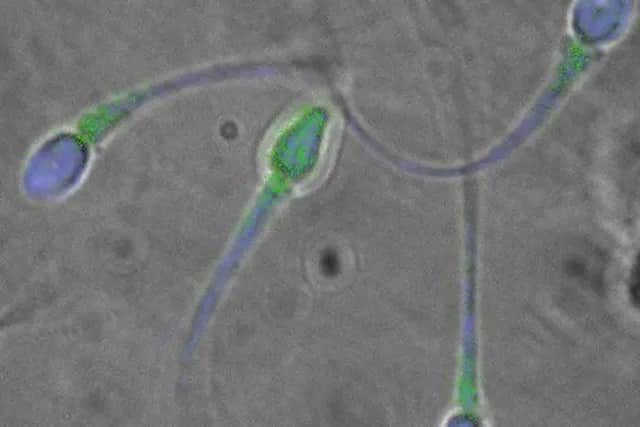Portsmouth scientists examine whether water pollution is leaving men 'critically close' to being infertile
and live on Freeview channel 276
Researchers at the University of Portsmouth have found that shrimp living in polluted waters are producing 70 per cent less sperm than the rest of their species.
There are also six times fewer of the sea creatures living around the south coast of England, compared to cleaner waters.
Advertisement
Hide AdAdvertisement
Hide AdBut scientists are taking this theory one step further – and believe polluted water may have a similar impact among humans.


Professor Alex Ford, professor of biology, said: ‘It is thought that some male fertility problems are related to pollution.
‘It may not be the same pollutants, but it is all chemicals that are being released into the environment. It is not being stopped and, more importantly, the effects are not being properly monitored or understood.
‘Research has shown that in some countries, a boy born today will have half the sperm count of his grandfather and there are fears boys are getting critically close to being infertile.’
Advertisement
Hide AdAdvertisement
Hide AdThe research carried out on shrimp numbers in Langstone Harbour, next to Portsmouth, have also shown that females are producing less eggs which the scientists believe could lead to a population collapse in the area with a knock-on effect on the food chain.
Professor Ford considers the research to be the ‘canary in the mine’ and an indicator of water pollution problems in the Solent region.
He said: ‘The study site suffers from storm water surges, which is likely to become more common with climate change.
‘This means that the creatures could be exposed to lots of different contaminants via sewage, historical landfills and legacy chemicals such as those in antifouling paints.
Advertisement
Hide AdAdvertisement
Hide Ad‘There is a direct relationship between the incidence of high rainfall events and in the levels of untreated sewage.’
Professor Ford also believes other marine creatures are suffering similar problems – all due to the chemical compounds in our water.
‘We know that pollutants are affecting male fertility levels of all species,’ he added.
‘Recent studies have also suggested that harbour porpoises contaminated with highly toxic industrial compounds, known as polychlorinated biphenyls, have smaller testes.’
A message from the Editor, Mark Waldron
You can subscribe here for unlimited access to Portsmouth news online - as well as fewer adverts, access to our digital edition and mobile app.
Our trial offer starts at just £2 a month for the first two months.
Comment Guidelines
National World encourages reader discussion on our stories. User feedback, insights and back-and-forth exchanges add a rich layer of context to reporting. Please review our Community Guidelines before commenting.